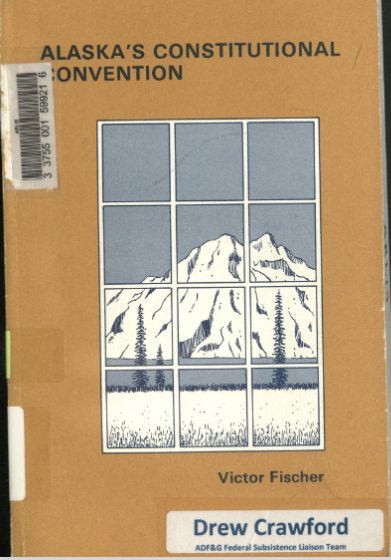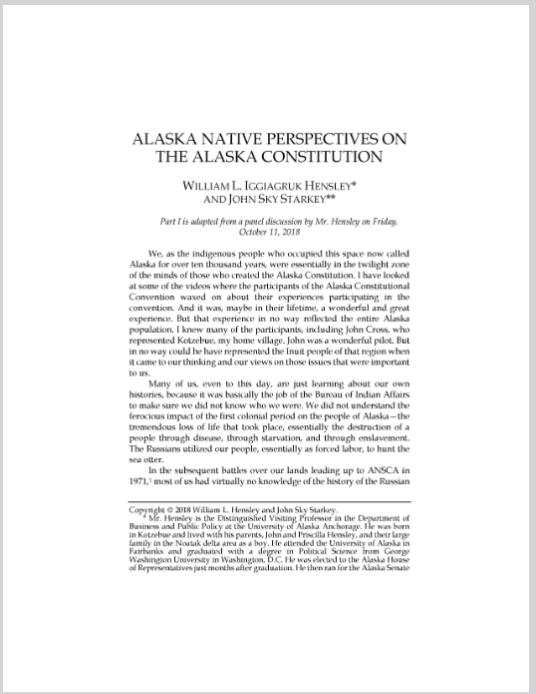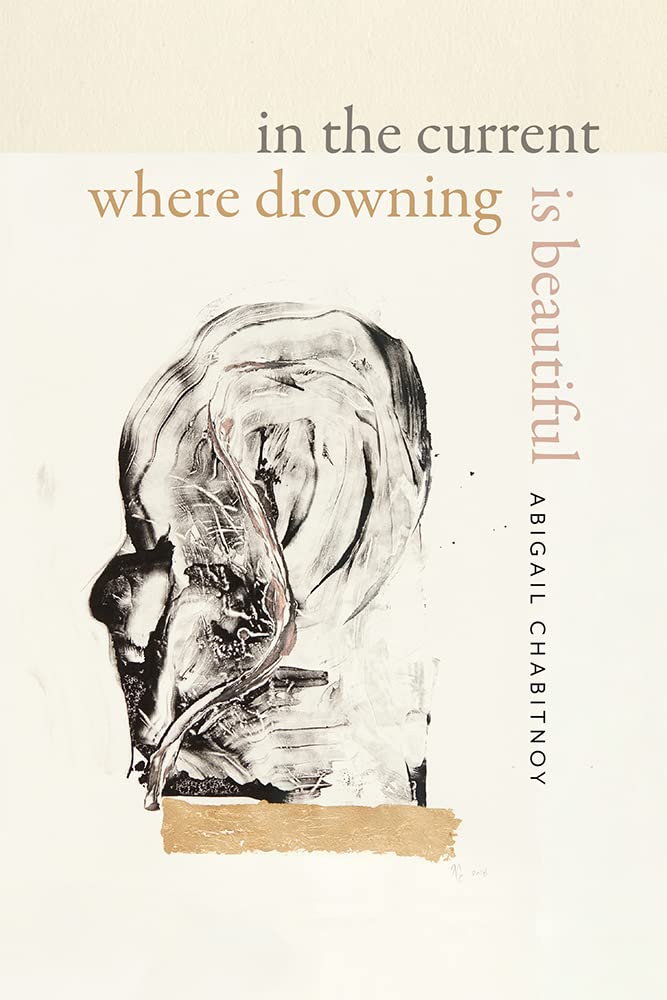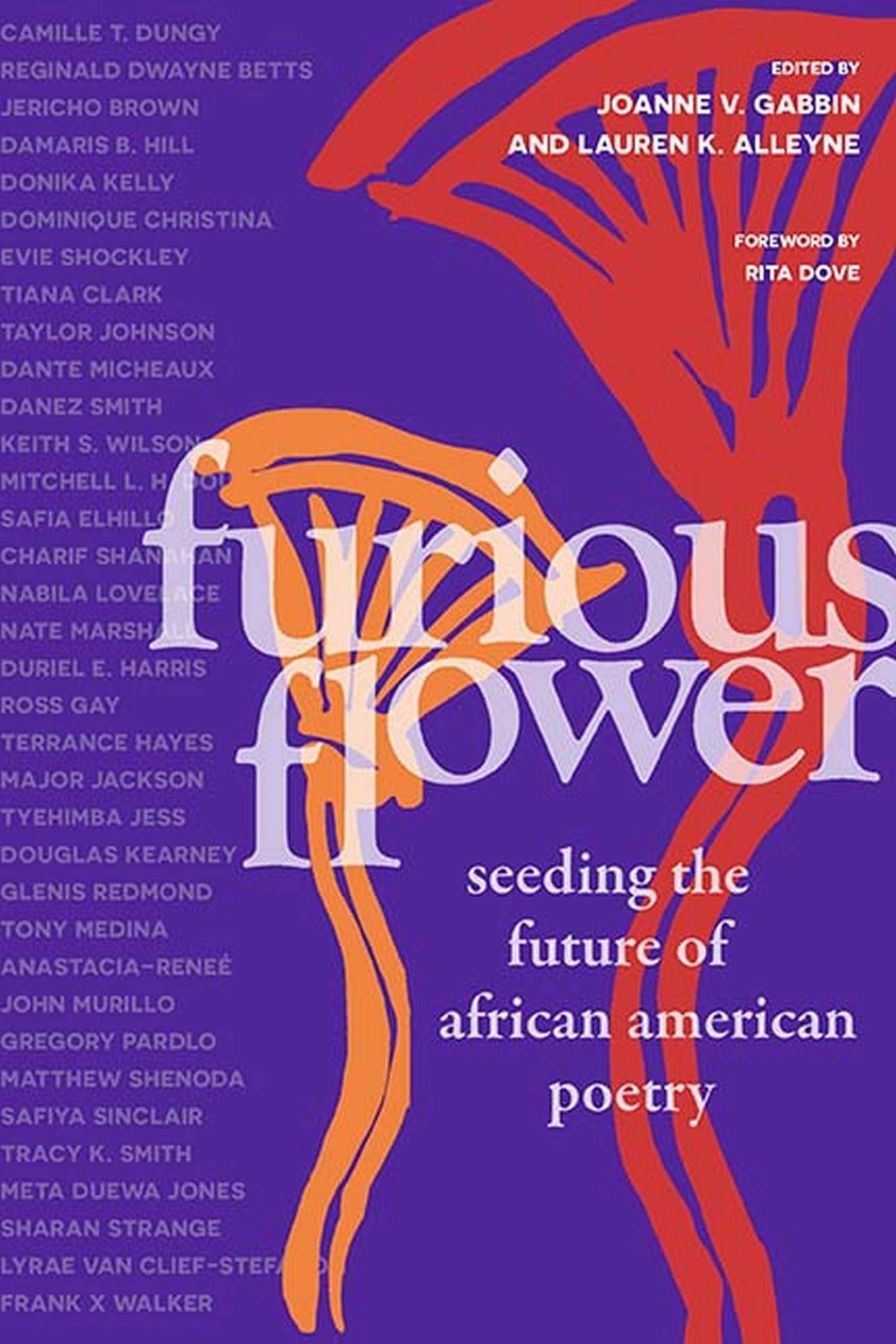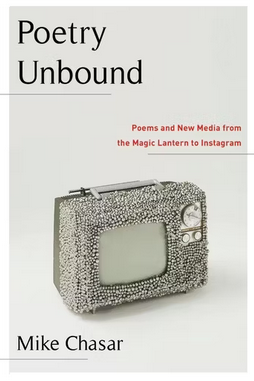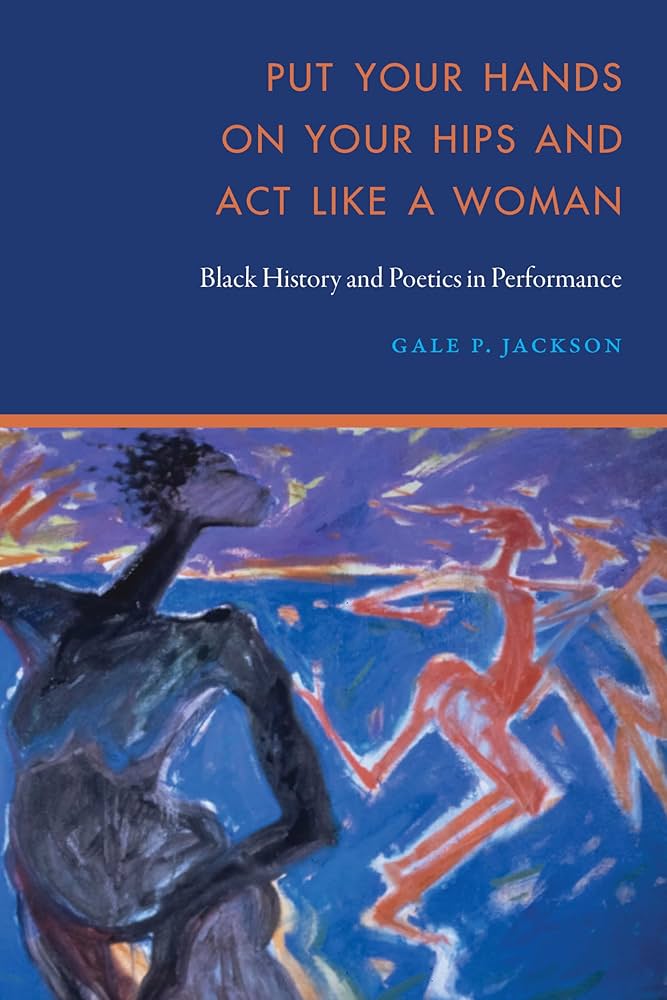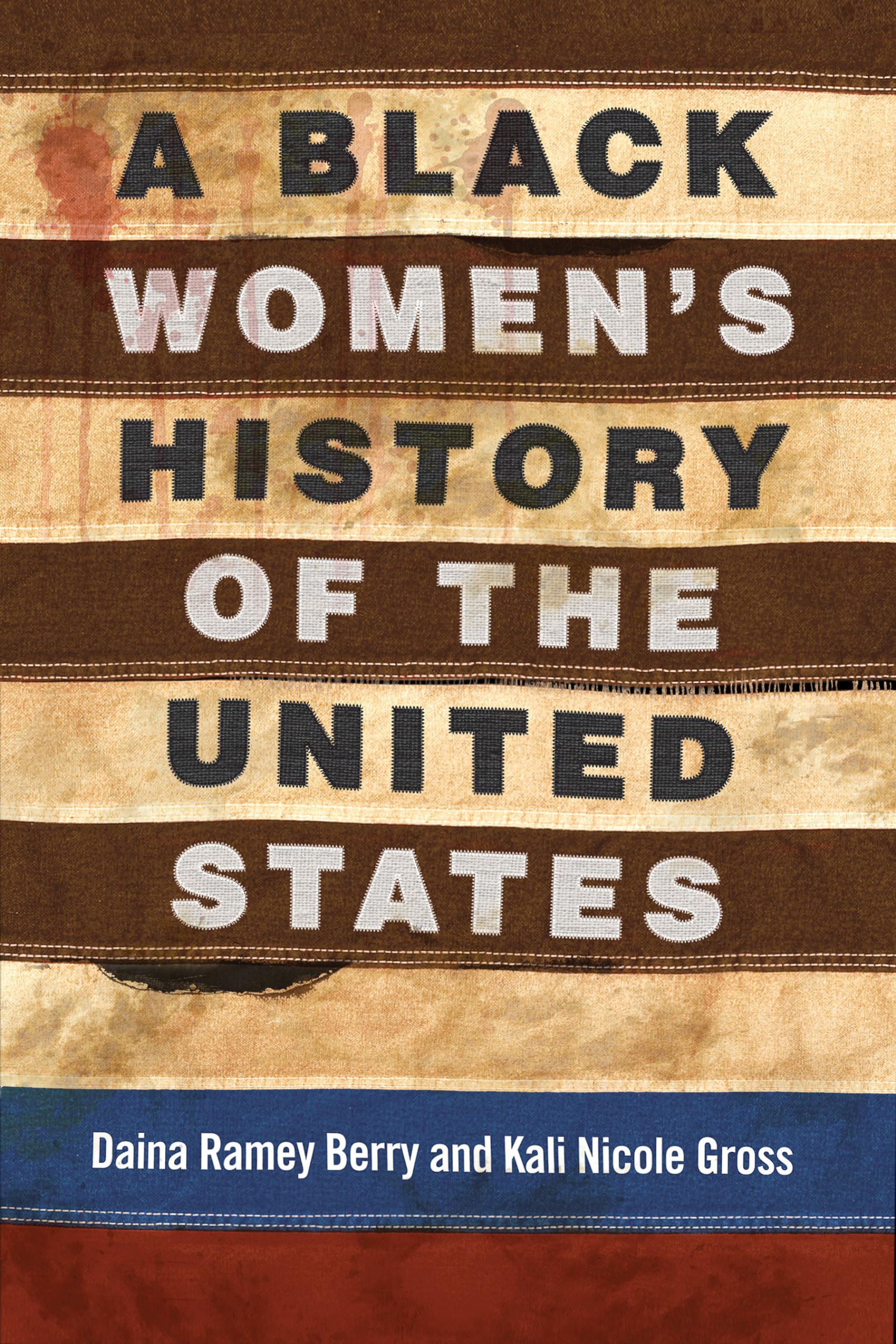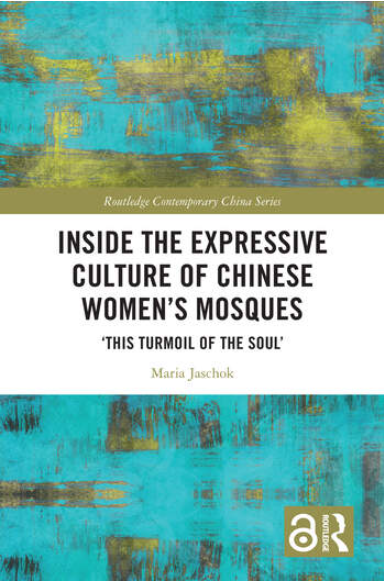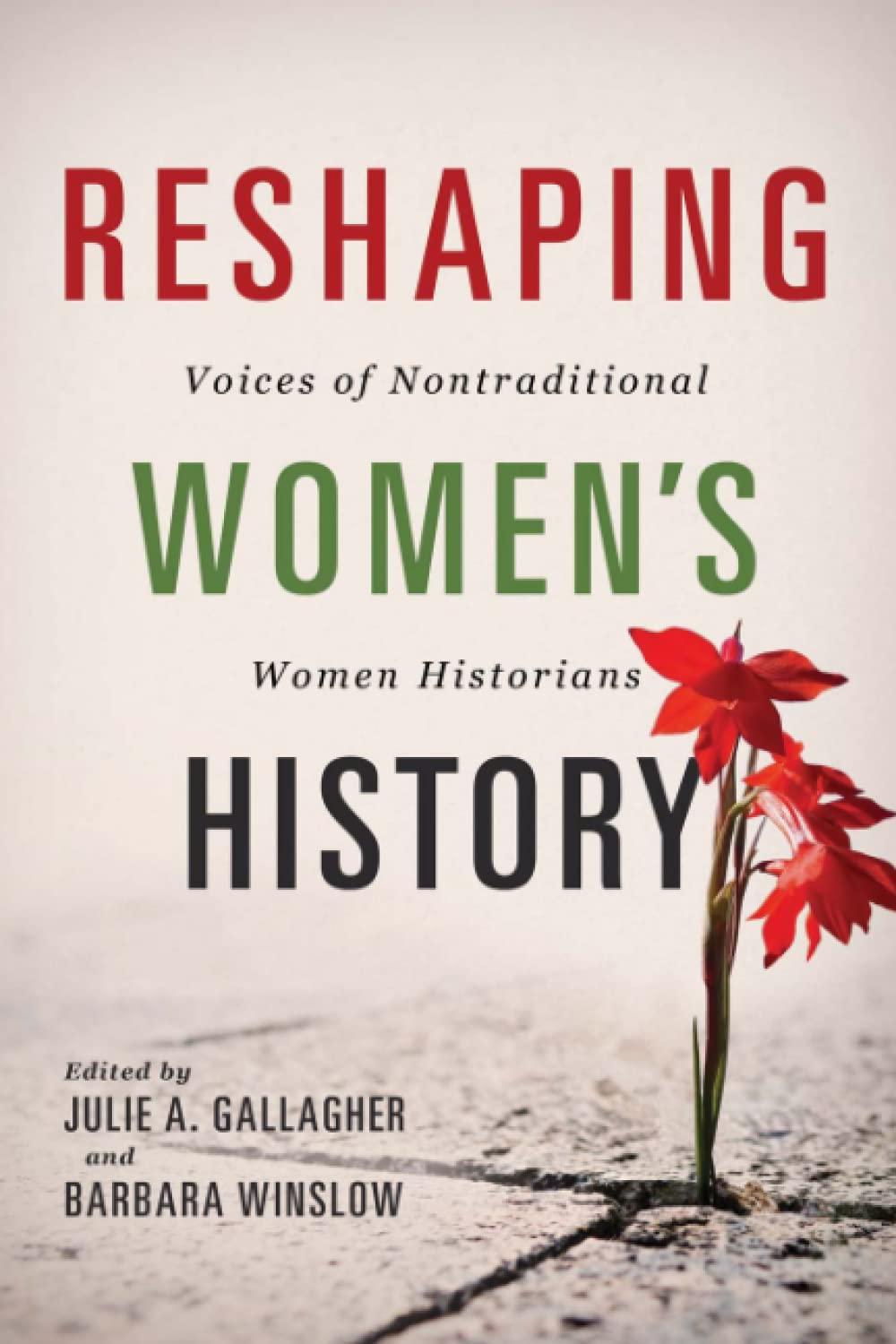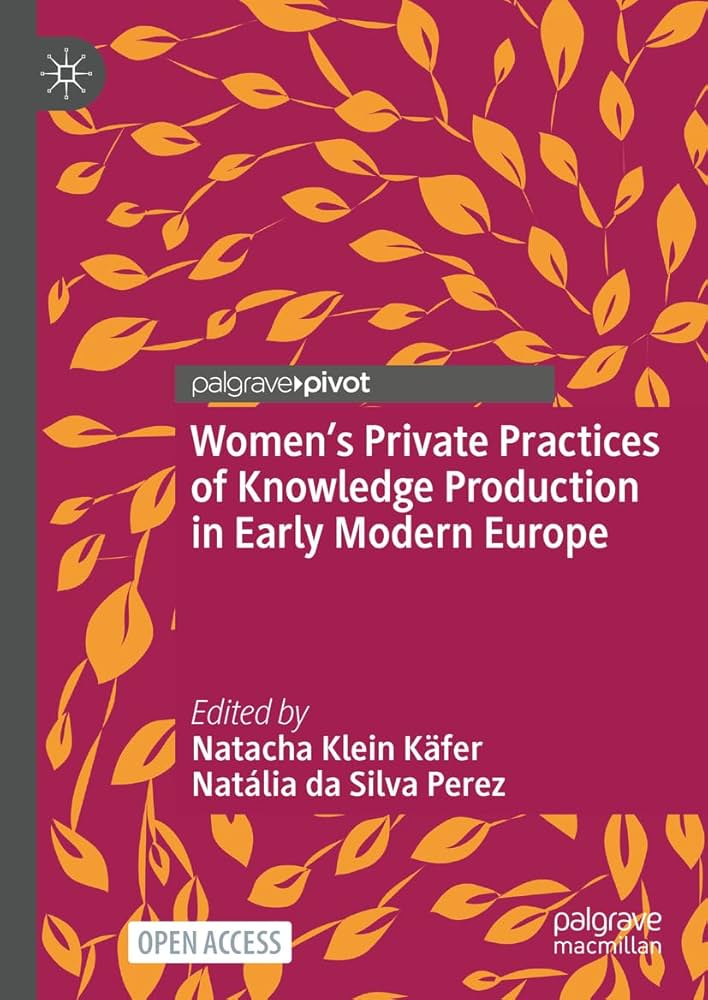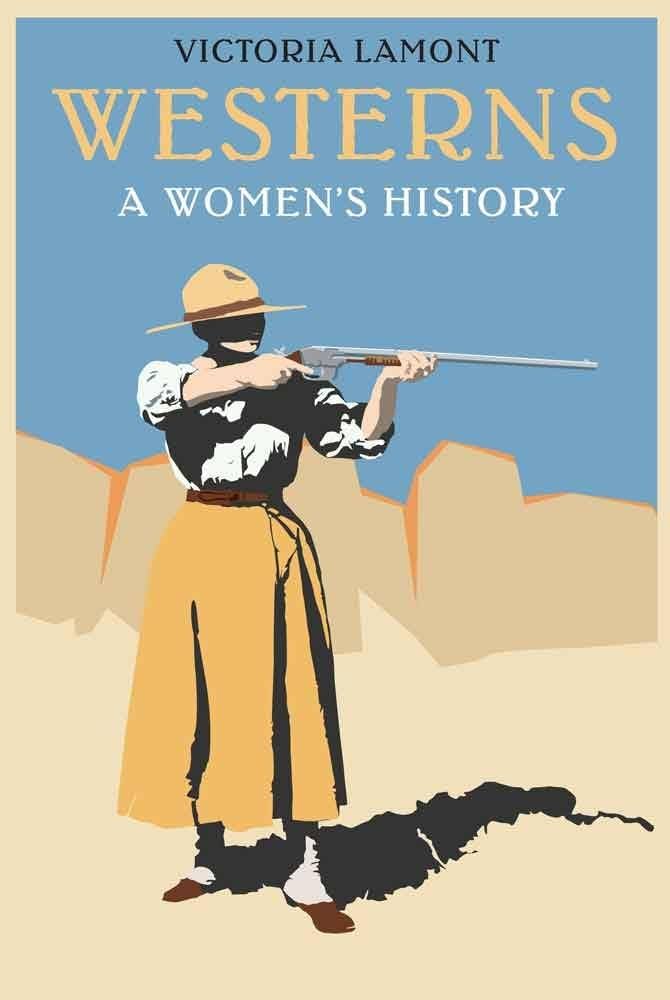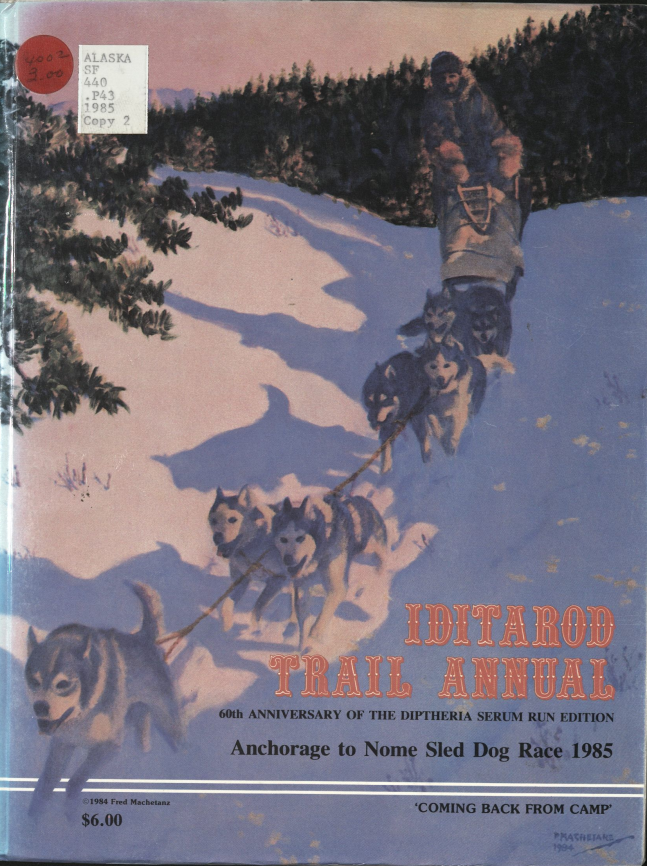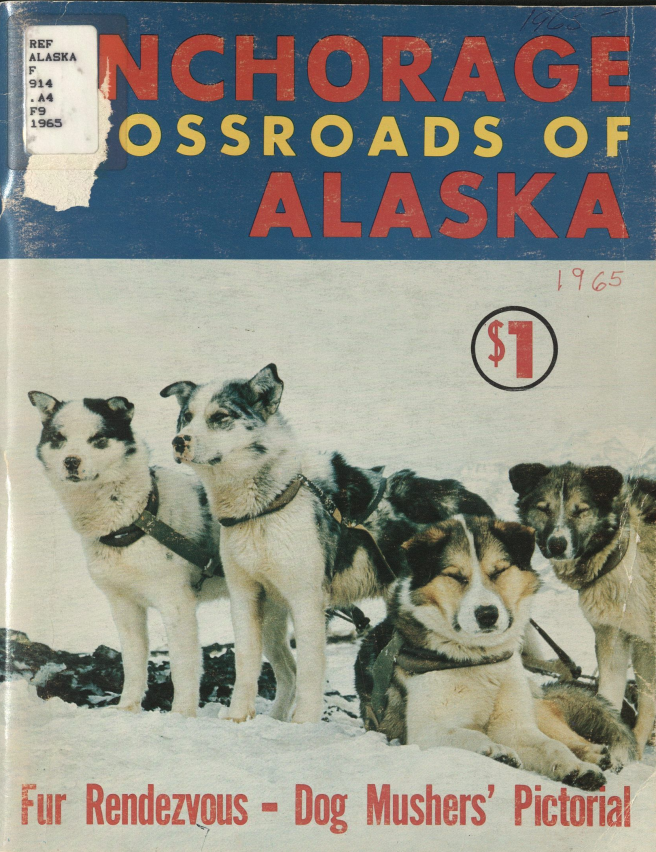Happy Pride Month! There are lots of celebrations and events happening all around town throughout the month. Dive deeper into the history of LGBTQ+ communities with some of these books and articles!
Books:
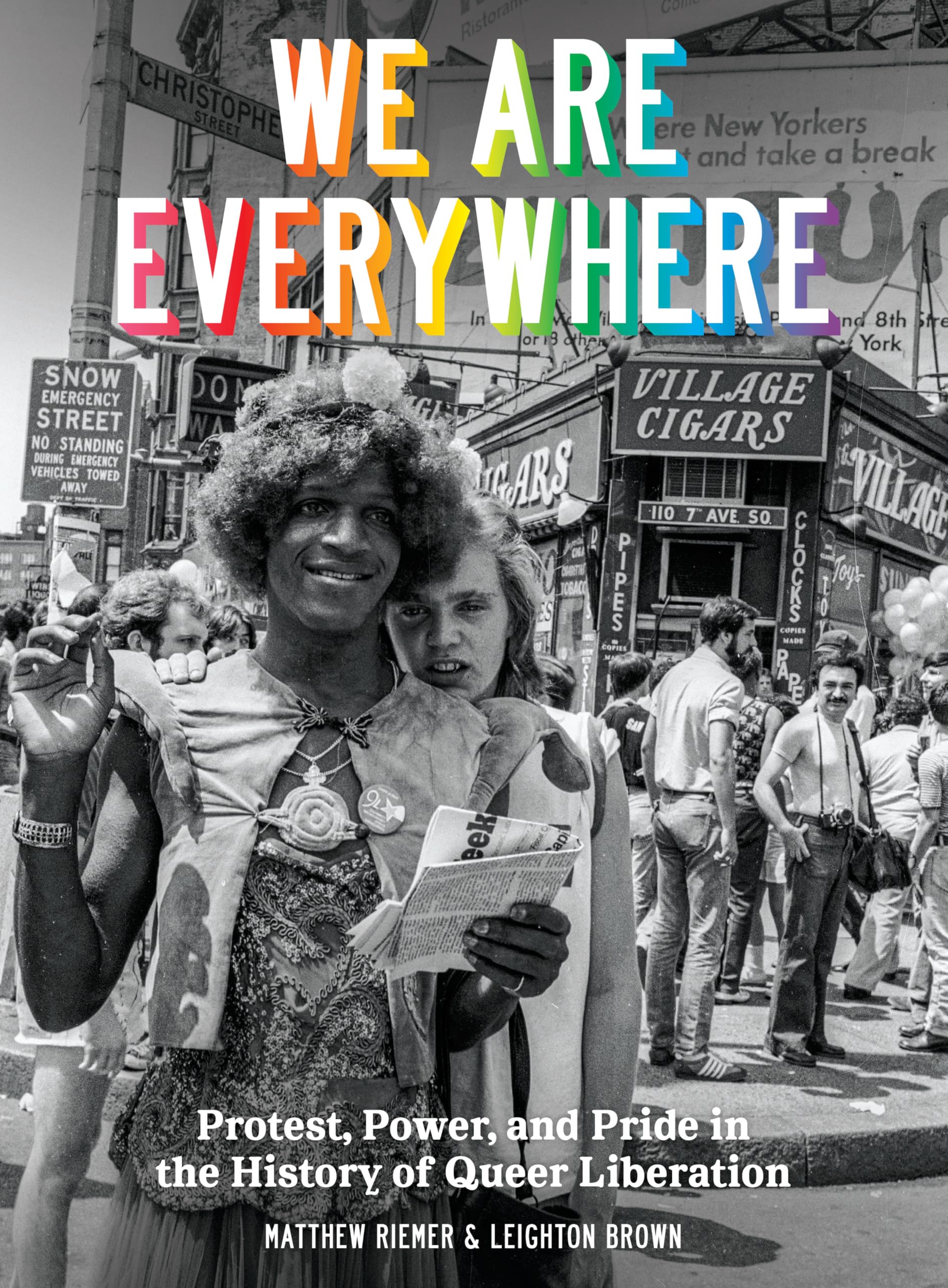
We are Everywhere: Protest, Power, and Pride in the History of Queer Liberation by Matthew Riemer and Leighton Brown explores the history of the fight for queer liberation from the mid-1800s through the 1990s. A great primer for understanding the history of Pride! Available by placing a hold through the Library Catalog.

Black on Both Sides: A Racial History of Trans Identity by C. Riley Snorton explores the intersection between Blackness and transness from the mid-19th century through present day and highlights prominent Black trans folx, including Christine Jorgensen, Lucy Hicks Anderson, and James McHarris. Available at the Consortium Library.

Boots of leather, slippers of gold : the history of a lesbian community by Elizabeth Lapovsky Kennedy & Madeline D Davis documents the history of the lesbian community in Buffalo, NY from the mid-1930s to the 1960s, featuring the oral histories of 45 women. Available at the Consortium Library.
In transit : being non-binary in a world of dichotomies by Dianna E Anderson is a blend of memoir and history, exploring the theory and reality of being non-binary. Available by placing a hold through the Library Catalog.
![New Queer Cinema: A Critical Reader [Book]](https://m.media-amazon.com/images/I/61ldlkfdNNL.jpg)
New queer cinema : a critical reader edited by Michele Aaron is a collection of essays examining various aspects of queer cinema and the various themes found within it. Available at the Consortium Library.

Queer threads : crafting identity and community by John Chalch and Todd Oldham showcases 29 artists exploring gender, sexuality, and their work in fiber arts. Available at the Consortium Library.
Journal Articles:
- Invisible Pathways: Public History By Queer Black Women In Newark by Kristyn Scorsone
- Queer Theory and Native Studies: The Heteronormativity of Settler Colonialism by Andrea Smith (in the Journal of Lesbian and Gay Studies – explore more here!)
- Living Queer History: Remembrance and Belonging in a Southern City by Gregory Samantha Rosenthal
Have other topics you’d like to explore or books you’d like to find? Get in touch with the Reference Desk – we’d be happy to help!


